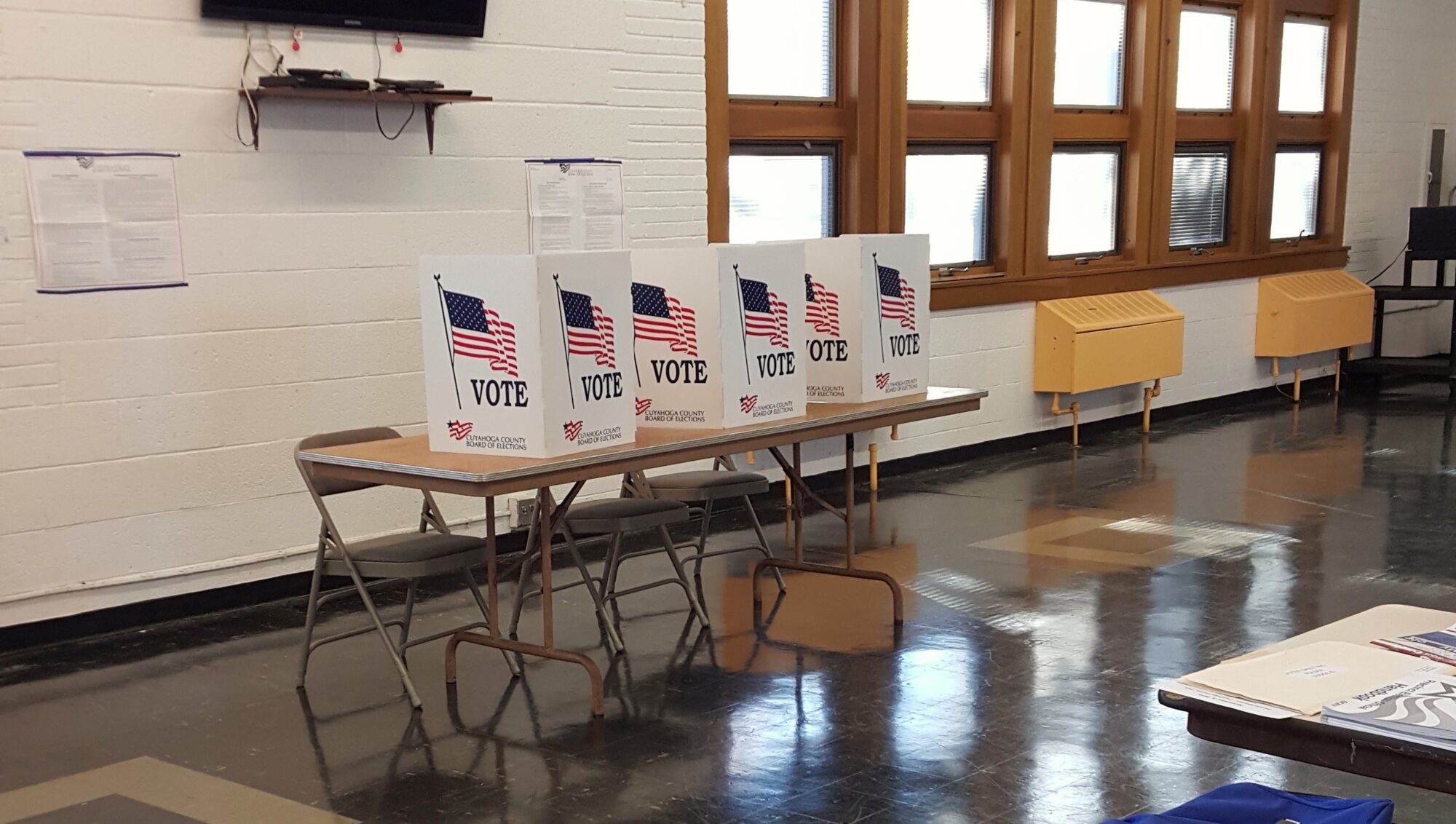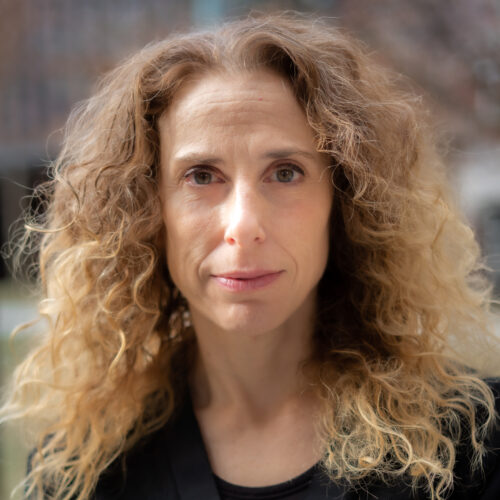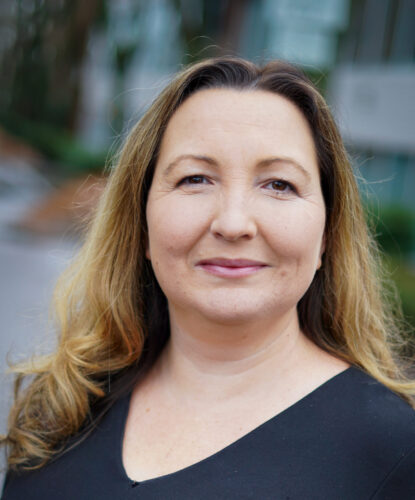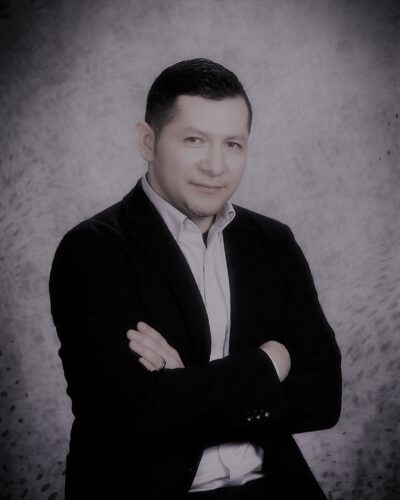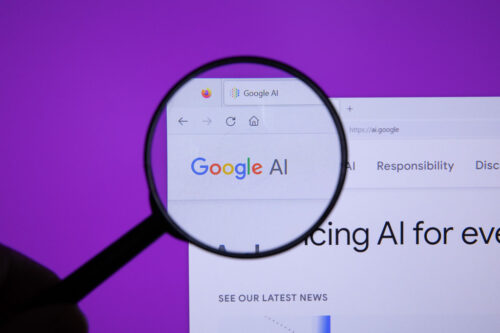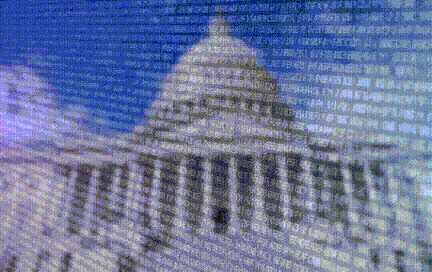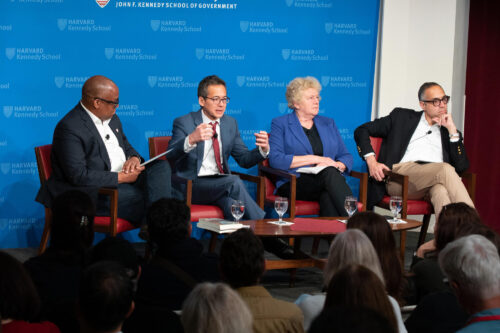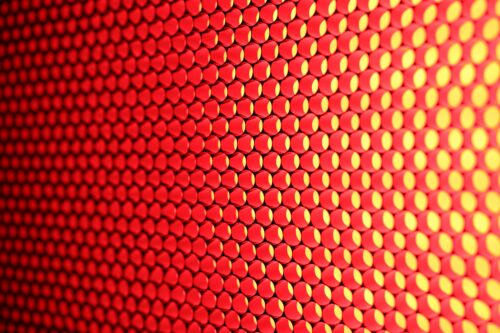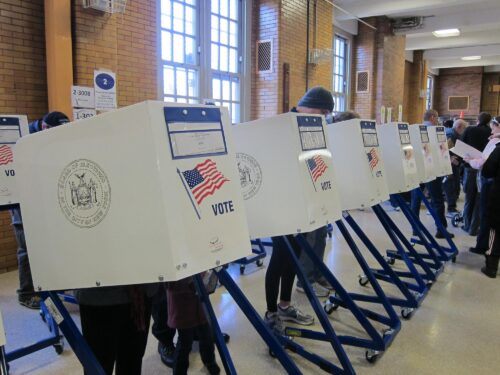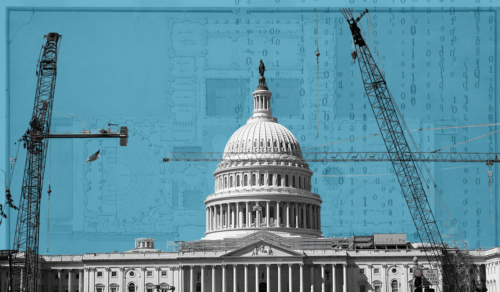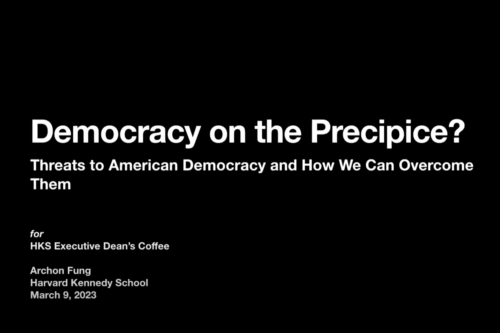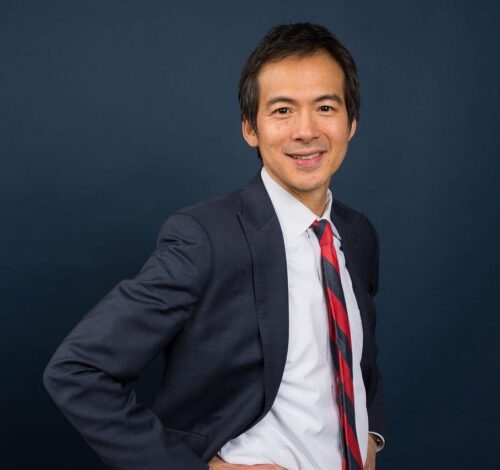
Archon Fung
Director, Ash Center for Democratic Governance and Innovation;
Winthrop Laflin McCormack Professor of Citizenship and Self-Government
Reimagining our political institutions to meet the democratic challenges of today.
Democratic Reform, Electoral College, Civic Engagement, Multiracial Democracy, Sports and Civic Participation
Democracy requires deep and structural changes to survive and grow. The Ash Center’s Reimagining Democracy Program provides scholars and those on the frontlines of our democracy with a space for generating ambitious ideas and practices to make democracy more resilient, responsive, and inclusive.
Director, Ash Center for Democratic Governance and Innovation;
Winthrop Laflin McCormack Professor of Citizenship and Self-Government
Director of Research Projects in Democratic Practice
Senior Associate Director, Center-wide Democracy Initiatives
Program Manager
Program Administrator
In-Person Event
Ash Center Seminar Room 225, Suite 200, 124 Mount Auburn Street
12:00 pm – 1:00 pm EST
Commentary
In a new article for The Conversation, Bruce Schneier and Nathan Sanders highlight some of the reasons to feel skeptical towards AI.
Commentary
What if AI turns out to be the one tool able to identify what makes your ideas special, recognizing your unique perspective and potential on the issues where it matters most?
Feature
According to Kennedy School’s Benjamin Schneer, the decision that an Alabama congressional map illegally weakened the power of Black voters has implications beyond the southern state’s borders.
Feature
From polarization to populism, democracy is facing off against formidable foes and we need big ideas to save it says expert panel.
Commentary
In a new article for the Conversation, Ash Center Director Archon Fung and Harvard Law School Professor Lawrence Lessig introduce Clogger, a hypothetical political campaign in a black box.
Q+A
Natalie Tennant discusses the impact of states leaving the Electronic Registration Information Center (ERIC), a resource for maintaining accurate voter records across state lines
Feature
Arguing that American democracy has been hacked, the computer security expert doesn’t want to just fiddle on the margins when it comes to re-envisioning what a new 21st-century American democracy should look like.
Q+A
French President Emmanuel Macron’s end run around parliament may be legally sound, but Ash Center Democracy Fellow Yves Sintomer argues the move was markedly anti-democratic.
Feature
Archon Fung on the threats to American democracy and what we can do about it.
Video
On Thursday, March 9, 2023, Ash Center for Democratic Governance and Innovation Director Archon Fung, Winthrop Laflin McCormack Professor of Citizenship and Self-Government at the Harvard Kennedy School, spoke to Kennedy School community members about threats to American democracy and how we can overcome them.
Feature
Featuring David Weil
Q+A
In a new book, Bruce Schneier details how tricks, exploitations, and loopholes are benefiting those in power — and how a ‘hacking’ mindset can help us set things right.
Q+A
Aksel Sundström explores how the absence of young adults in our governing institutions is weakening our democracy.
Feature
Ash panel unpacks election reforms at stake during the midterms
Video
During the 2022 midterms, voters not only cast a ballot to decide the balance of power in congress, but in in many states voters decided on a range of consequential ballot initiatives impacting the nuts and bolts of the electoral process including voter-ID laws, party primary reform, ranked choice voting, and proportional representation. The outcomes of these statewide and local level ballot initiatives have direct implications for future elections and participatory democracy.
This midterm recap webinar goes beyond the candidate horse race and focus on analysis and perspectives from advocates and scholars on recent voting-related ballot initiatives, immediate implications for future elections, and what’s ahead for emerging electoral reforms at the state and local level. See panelists Deb Otis, Director of Research at FairVote; Jenny Lee, Deputy Director of the Coalition of Communities of Color; and Wendy Underhill, Director of Elections and Redistricting at the National Conference of State Legislatures. Ash Center Reimagining Democracy Fellow Nick Chedli Carter moderated.
